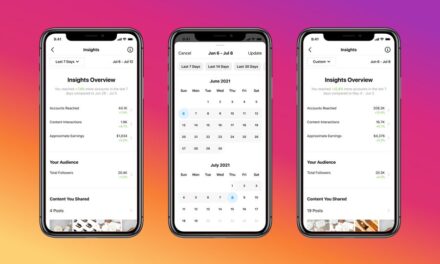Repost from: https://www.marketingtechnews.net/news/2018/aug/24/82-consumers-have-made-purchases-result-content-marketing/
The time and skill needed, coupled with a lack of immediate results, means content marketing can often be treated as an afterthought in the composition of a wider digital marketing strategy.
New findings from B2B research, ratings and review company Clutch, however, reveal that 82% of people admit to having purchased a product or service from a company a result of consuming content.
While, at best, content is driving sales and, at least, it’s providing brand visibility through SEO (even if some marketers don’t realise it), it’s a also a crucial component in moving potential customers along the sales funnel.
The survey found that 53% of people are more likely to revisit a company’s website after consuming its content. Another 50% are likely to go on to research a company’s products or services.
But while a few years ago brands might have been able to slip a sly product mention into their content presented under the guise of editorial, the survey found that consumers today are more savvy than ever when it comes to identifying commercial motivations.
As the method has become more widely used, nine in 10 consumers are confident that they can identify content marketing when they see it. Another 60% identified the online business content they most recently engaged with as the same.
The most common signpost for content marketing was, perhaps a touch obviously, when content is published on a company website (27%). But hawk-eyed consumers also pay close attention to backlinks (21%), a company inclusion in an author bio (21%) and mentions of products or services (19%).
This heightened awareness is by no means turning consumers off, however. Two-thirds of consumers (67%) said content marketing is “useful and valuable”, especially when it’s high-quality and thoughtful.
That includes articles or videos which directly address their concerns, such as an insurance comparison site providing in-depth guides to buying a car, for example, or a food supplier providing recipe tips on YouTube.
“Readers are aware that [online business content] is created for marketing purposes, but appreciate brands that provide honest, reliable, high-quality content,” said Louisa McGrath, content manager for Rebrandly, a link management platform.
On the other hand, that left 33% of those in the survey maintaining that content marketing is ‘biased and unreliable’. Clutch suggests that all content marketing should be transparent and disclose any company affiliation or promotional calls to action.
Meanwhile, brands should make every effort to ensure their content is accessible for a range of platforms and consumption habits.
“Current technology allows people to consume content in all hours of the day across different devices,” said Andrew Travers, executive vice president of Lead to Conversion.
“Providing content in multiple formats allows marketers to put their message in front of target audiences in a way that’s most convenient for them.”















